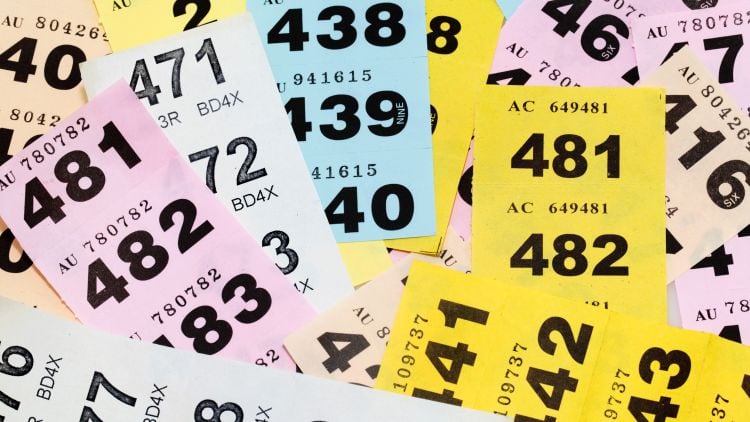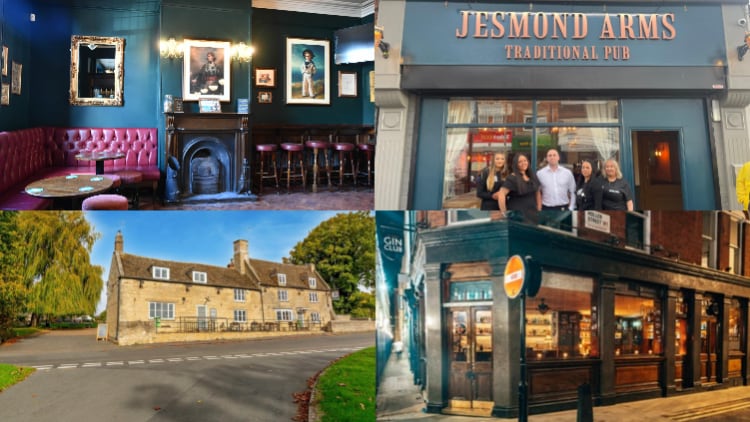Here are some top tips on how to organise and run your raffles within the rules.
Raffles to raise money for charity
You can offer a charity raffle to your customers, but this must be held at a specific event such as a summer garden fete. The raffle can’t be the main reason for holding the event. It must take place alongside a commercial or non-commercial one-off event .You must make sure you operate your raffle within the rules and limits including:
- You must provide physical tickets to those taking part.
- Tickets can only be sold at the location of the event and during the event.
- You can’t sell tickets online (which includes social media) or before the event takes place.
- You can draw the raffle during or after the event. You should make it clear to all those taking part when you'll be announcing the draw.
- There cannot be a rollover.
- A maximum of £500 can be deducted from ticket sales for prizes, but additional prizes can be donated.
- A maximum of £100 can be deducted to cover the costs of any expenses, for example tickets.
- You can only run an incidental lottery/raffle to raise money for charity.
Workplace raffle
These can also be used to raise funds for charity or just for fun provided you operate within the following rules :
- There cannot be a rollover.
- Raffles must only be run on a single set of work premises.
- All participants must work on those premises.
- You must provide physical tickets to each person participating.
- You cannot sell tickets online or via email.
- People must pay the same price for each ticket.
- You can only sell physical tickets to colleagues when you are all at your place of work.
- The rights on the ticket must be non- transferable - you cannot pass your ticket to someone else.
- The draw must take place on the business’ physical premises.
You can’t make a profit from a work lottery/raffle. All proceeds must either be used for reasonable expenses and prizes or donated to a charity.
Note that if you work at a venue with a gambling premises licence you cannot have a lottery/raffle.
Customer raffle (not suitable for charity fundraising)
It’s important to note that you cannot make a profit from a customer lottery, and you also cannot use them for charity fundraising.
All proceeds from tickets sales have to be spent on prizes (less deductions for any reasonable expenses incurred, such as the cost of the tickets).
The following rules must be complied with when running a customer raffle.
- The maximum value per prize cannot exceed £50. The prize can be cash, goods, services or a mixture.
- Advertisements can only be on the premises. There cannot be any promotional material available online, via text message or outside of the premises itself. You can’t advertise the raffles across several venues for example.
- Tickets can only be sold to a customer when they are on the premises.
- Every ticket must give the name and address of the organiser and the price of the ticket. It must also state that the tickets are only available to customers of the premises and that the ticket is non-transferrable.
- Only one draw per seven days is permitted to take place on the same business premises.
- You can only run a customer lottery from a single set of physical business premises and the draw must take place on these premises. It can’t be done online.
- The rollover of prizes is not permitted.
- Children under 16 cannot take part.
There are other types of lottery, but most would either need registration with their local authority as a small society lottery or a licence from the Gambling Commission.
You can find further guidance on the Gambling Commission website.
- Imogen Moss is an associate solicitor at Poppleston Allen




